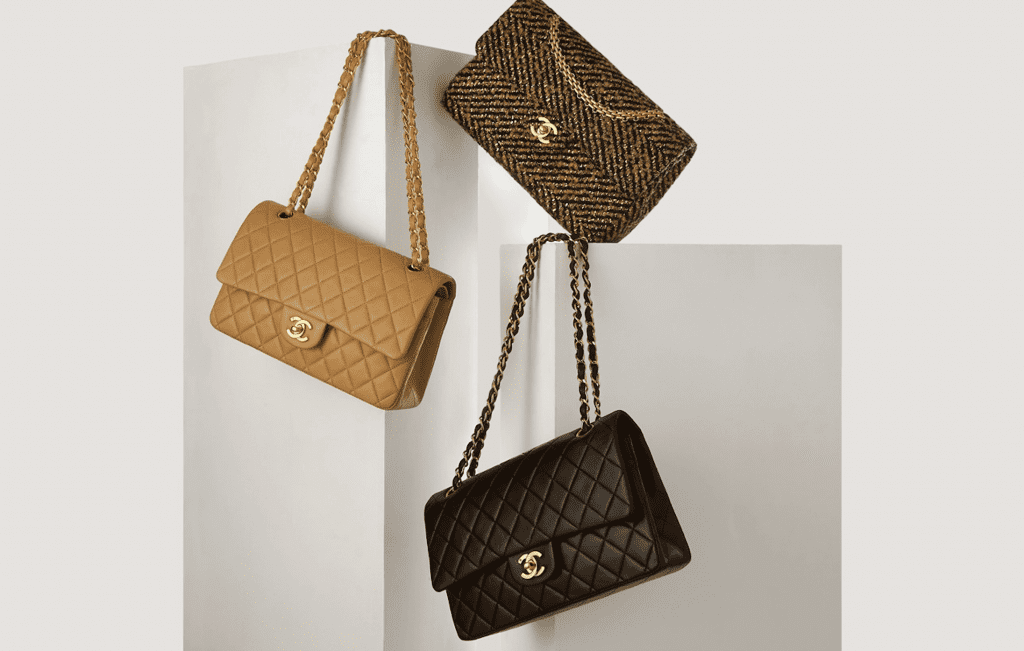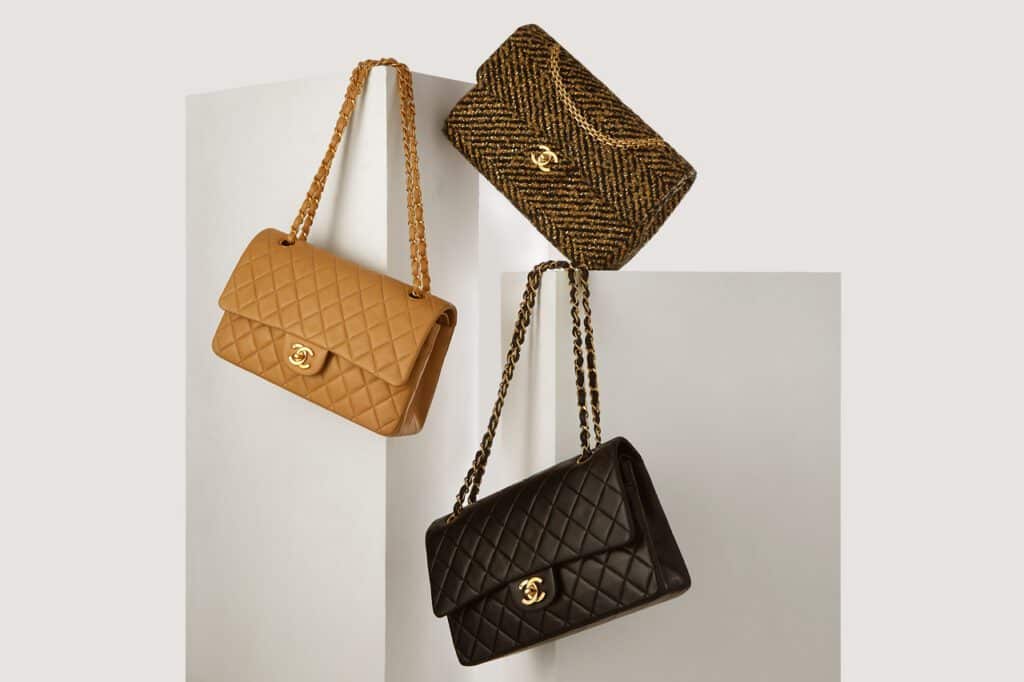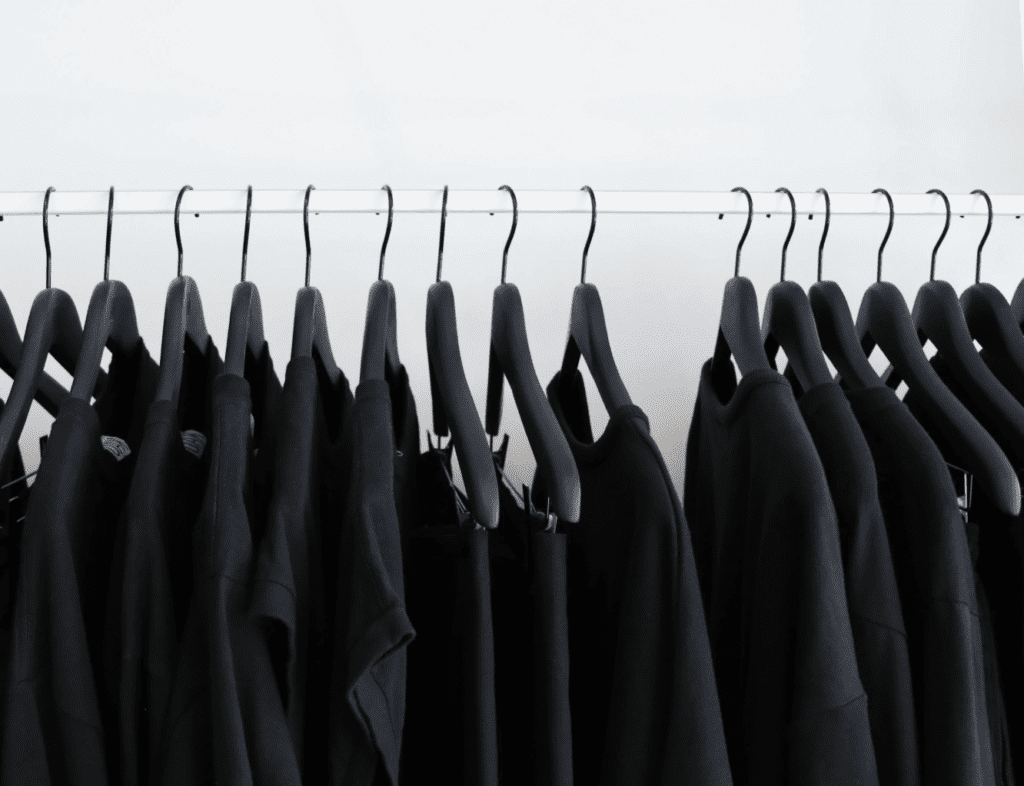After partially siding with Chanel this spring in the luxury brand’s long-running lawsuit against What Goes Around Comes Around (“WGACA”) and refusing to toss out the bulk of its claims, including its trademark infringement and false association causes of action, a New York federal court has ordered that the New York-based reseller provide additional information about its sale of Chanel-branded products. Specifically, Judge Louis Stanton of the U.S District Court for the Southern District of New York ordered WGACA to produce the monthly financial statements dating back to 2018 that its expert used to calculate WGACA’s profits, along with its summary of Chanel-branded product “sales and costs.”
Judge Stanton is also requiring WGACA to update and produce “Google Analytics information, data from [URL shortening service and link management platform] Bitly, and internal reports relating to WGACA’s advertising using Chanel’s trademarks” – and the effectiveness of such ads. Beyond that, the court granted leave for Chanel to complete a deposition of an individual affiliated with WGACA who has knowledge about the aforementioned documents, but refused to the luxury brand’s request the tax returns of WGACA’s members from 2014 to the present on the basis that “the members are not party to this litigation and private information pertaining to them is to be sought, if at all, from them directly and not from WGACA.”
The parties have been battling over the production of these documents since early last year, with Chanel arguing that such information is “relevant to [its] damages claims for disgorgement of [WGACA’s] profits,” which will be at issue during the parties’ trial.
Among other things, counsel for Chanel has argued that WGACA’s Google Analytics information, Bitly data, and other information regarding the effectiveness of its advertising featuring Chanel’s trademarks is “highly relevant – as it will show, the amount of traffic driven to [WGACA’s] website by their unauthorized use of Chanel’s trademarks and the resulting sales generated thereby.”
Chanel has alleged from the outset that WGACA has “willfully trad[ed] on [its] well-known trademarks, including using Chanel’s trademarks, quotes, and images of [its] founder Coco Chanel, hashtags with [its] trademarks (including egregiously #WGACACHANEL), pictures of Chanel runway shows and prior Chanel advertisements to draw a false association with Chanel,” in order to sell Chanel-branded goods, some of which have been “non-genuine and/or counterfeit.” And more recently, Chanel pointed to testimony from WGACA Vice Chairman Frank Bober who said thatthe allegedly unauthorized uses that WGACA makes of Chanel trademarks, imagery and Coco Chanel’s name, likeness and quotes is “helpful” to driving sales at WGACA.
As recently as June 8, Chanel reinforced its request for documentation, arguing that on March 28, 2022, the court entered an order “granting, in part, Chanel’s motion for partial summary judgment,” in which it rejected WGACA’s argument that disgorgement of profits was not available, concluding that: “Disgorgement of profits is … an available remedy the appropriateness of which is unripe for resolution at the summary judgment stage.” Against this background, counsel for Chanel claims that its request for “basic financial information that was the foundation for [WGACA’s] expert damages report and upon which [WGACA] will be relying at trial, and that goes directly to the profits attributable to [WGACA’s] use of Chanel’s trademarks and associated goodwill.”
WGACA has pushed back against Chanel’s quest for such information, arguing on June 1 that this amounts to “yet another example of Chanel’s over-litigation of this case and continued refusal to follow the Federal Rules’ requirement of proportional discovery,” and calling Chanel’s motion to compel such information “entirely unnecessary and harassing.”
“The entire premise of the motion is the possibility that the Court might order disgorgement as a remedy,” counsel for WGACA argued, stating that “it is also undeniable that if disgorgement is ever determined by this court to be an appropriate remedy, the court can then consider if any additional information should be disclosed or accounted for to assist the court in determining an appropriate disgorgement remedy.” Additionally, WGACA claimed that “there is no reason at this late stage to reopen discovery to engage in discovery which is grossly disproportionate to the needs of the case and which can, in any event, be addressed if and when the court determines that disgorgement is a viable remedy.”
(Chanel has, of course, argued since that the court did, in fact, state that disgorgement is a viable remedy; Chanel has also claimed that it “needs to obtain and is entitled to the documents that [WGACA’s] witnesses are and will be relying on, and that otherwise support Chanel’s disgorgement remedy, prior to trial.”)
While WGACA states that it has “already provided financial information on an annual basis, Chanel is demanding in essence a complete accounting from 2018 for all Chanel branded products, on a monthly basis, ignoring that its remaining claims at best address a small fraction of those items and that the court, to whom the issue of disgorgement will be addressed, will be better able to assess the scope of any disgorgement, if indeed it determines such is ‘appropriate,’ after the trial.”
The latest round comes over four years after Chanel first filed its lawsuit against WGACA, accusing the reseller of trademark infringement, false advertising, unfair competition, and violations of the New York Deceptive and Unfair Trade Practices Act as a result of its alleged practice of “purport[ing] to sell genuine CHANEL-branded point-of-sale items including, tissue box covers, trays, and mirrors,” when such items were “not authorized for sale to the public by Chanel.” Through its business advertising and practices, Chanel claimed that “WGACA has attempted to deceive consumers into falsely believing that [it] has some kind of approval of or relationship or affiliation with Chanel or that Chanel has authenticated [its] goods in order to trade off of Chanel’s brand and good will,” when no such affiliation exists.
In addition to allegedly offering up unauthorized and counterfeit Chanel goods, Chanel has argued that at the heart of its lawsuit is WGACA’s pattern of going “out of its way to create an association with Chanel,” including by way of its “extensive use throughout its marketing materials of the CHANEL brand,” and its practice of “purportedly guaranteeing authenticity by posting on its website that ‘[a]ny piece purchased at [WGACA] or one of our retail partners has been carefully selected, inspected and is guaranteed authentic.’”
WGACA has repeatedly called the allegations at the heart of the Chanel lawsuit “completely unfounded,” and accused the brand of engaging in a “quest to paint a far darker picture of the resale market for its goods than actually exists.”
Reflecting on the significance of the case, Foley & Lardner’s Jeffrey Greene and Allison Haugen have stated that the implications of the lawsuit – and the similar one that Chanel waged against The RealReal – “could be broad-reaching, providing guidance to resellers on the parameters of a fair use defense to trademark infringement claims.” They also stand to provide “insights into the validity of antitrust-type claims in instances of claimed interference with the resale market, particularly in connection with Chanel v. The RealReal, as well as how resellers ought to describe the authenticity of the goods they sell.”
The case is Chanel, Inc. v. What Goes Around Comes Around, LLC, et al., 1:18-cv-02253 (SDNY).











